Home>Furniture & Design>Interior Design Trends>What Glass Cleaner Is Safe For Tinted Windows
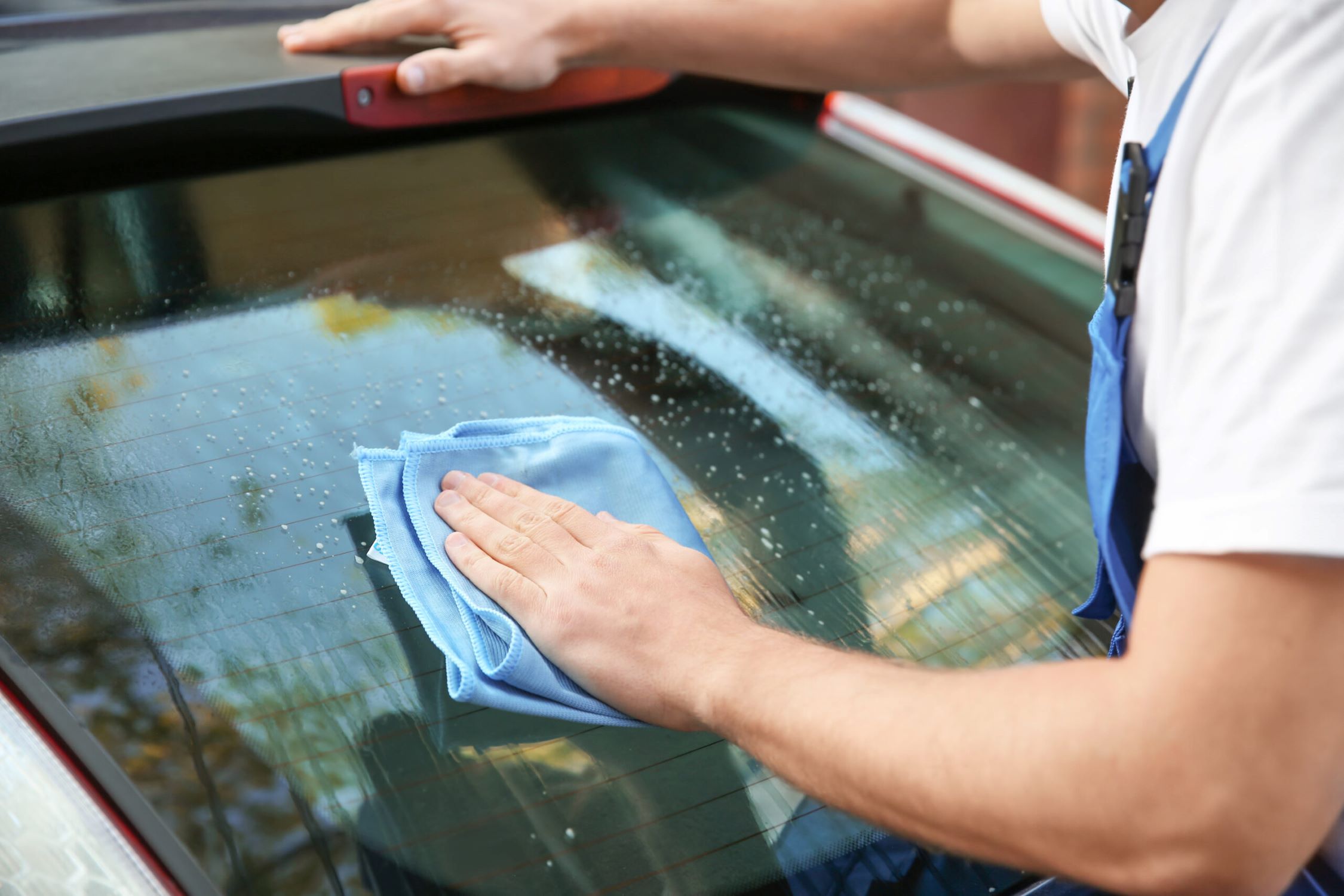

Interior Design Trends
What Glass Cleaner Is Safe For Tinted Windows
Modified: February 18, 2024
Discover the best glass cleaner for tinted windows and keep up with the latest interior design trends. Find safe and effective products for your home.
(Many of the links in this article redirect to a specific reviewed product. Your purchase of these products through affiliate links helps to generate commission for Storables.com, at no extra cost. Learn more)
Introduction
Tinted windows are a popular feature in modern vehicles and buildings, offering numerous benefits such as enhanced privacy, reduced glare, and protection against harmful UV rays. However, maintaining the pristine appearance of tinted windows requires special care and attention, particularly when it comes to cleaning. The use of improper glass cleaners can lead to irreversible damage, compromising the functionality and aesthetics of the tinted surface.
In this comprehensive guide, we will delve into the crucial considerations for selecting a safe and effective glass cleaner for tinted windows. By understanding the unique characteristics of tinted windows and the potential risks associated with using the wrong cleaning products, you can make informed decisions to preserve the integrity and longevity of your tinted windows. Additionally, we will highlight the key attributes of a safe glass cleaner for tinted windows and provide recommendations to ensure optimal maintenance and care.
As we embark on this exploration, it is essential to recognize the significance of using the right glass cleaner to safeguard the investment in tinted windows. By prioritizing the proper maintenance of tinted surfaces, you can prolong their lifespan and uphold their visual appeal, ultimately contributing to a safer and more comfortable environment within your vehicle or living space. Let's embark on this enlightening journey to uncover the best practices for preserving the clarity and functionality of tinted windows through the selection of a safe and suitable glass cleaner.
Key Takeaways:
- Properly maintaining tinted windows requires using a glass cleaner without ammonia or alcohol to avoid damage and preserve their clarity and functionality.
- Recommended glass cleaners like Invisible Glass Premium, Stoner Car Care, and Meguiar’s Perfect Clarity are safe and effective for maintaining tinted windows, ensuring a clear and polished finish.
Read more: What Glass Cleaner To Use On Tinted Windows
Understanding Tinted Windows
Tinted windows, whether in vehicles or buildings, are designed to offer a range of benefits, including enhanced privacy, reduced glare, and protection against harmful UV rays. The tinting process involves applying a thin film to the glass surface, which alters its properties to achieve these desired outcomes. This film is typically composed of multiple layers, each serving a specific purpose.
The primary function of tinted windows is to regulate the amount of light and heat that penetrates the interior space. By controlling the transmission of solar energy, tinted windows help maintain a comfortable and temperate environment, particularly in vehicles exposed to direct sunlight. Furthermore, the tinting film acts as a barrier against UV radiation, which can cause fading of interior furnishings and pose health risks to occupants.
It is important to note that tinted windows come in various shades and levels of darkness, offering flexibility in meeting individual preferences and regulatory requirements. The degree of tinting is measured by the visible light transmission (VLT) percentage, indicating the amount of light allowed to pass through the glass. Different jurisdictions have specific regulations governing the permissible VLT for automotive and architectural tinted windows, emphasizing the need for compliance with legal standards.
Understanding the composition and purpose of tinted windows is crucial for selecting appropriate cleaning products and techniques. The delicate nature of the tinting film requires special consideration to avoid damage or discoloration during cleaning. Additionally, being aware of the intended benefits of tinted windows enables users to appreciate the significance of preserving their functionality and aesthetics through proper maintenance.
By gaining a deeper understanding of tinted windows and their inherent characteristics, individuals can make informed decisions when choosing a glass cleaner, ensuring compatibility with the unique properties of tinted surfaces. This knowledge empowers users to prioritize the long-term preservation of tinted windows, maximizing their benefits and prolonging their lifespan.
In the subsequent sections, we will explore the potential risks associated with using the wrong glass cleaner on tinted windows and outline the essential attributes of a safe and effective cleaning solution. This comprehensive approach aims to equip readers with the knowledge and insights necessary to make informed choices and uphold the integrity of their tinted windows.
Potential Risks of Using the Wrong Glass Cleaner
Using the wrong glass cleaner on tinted windows can pose significant risks, potentially leading to irreversible damage and diminished performance of the tinting film. One of the primary concerns is the potential for chemical reactions between the cleaning solution and the tinted surface. Certain ingredients commonly found in traditional glass cleaners, such as ammonia and alcohol, can have adverse effects on tinted windows.
Ammonia, a powerful cleaning agent often present in standard glass cleaners, can cause the tinting film to degrade over time. This degradation may manifest as discoloration, bubbling, or peeling, compromising the visual appeal and functionality of the tinted windows. Additionally, ammonia-based cleaners can weaken the adhesive bond that holds the tinting film in place, leading to premature deterioration and the need for costly repairs or replacement.
Similarly, alcohol-based cleaners, while effective for removing dirt and grime from glass surfaces, can have detrimental effects on tinted windows. The alcohol content may interact with the tinting film, causing it to become brittle or develop a hazy appearance. These undesirable outcomes not only detract from the aesthetic appeal of the windows but also impede their ability to provide privacy, glare reduction, and UV protection.
In addition to chemical compatibility issues, using the wrong glass cleaner may result in the formation of streaks, residue, or micro-scratches on the tinted surface. This can compromise the clarity and transparency of the windows, detracting from their overall functionality and visual appeal. Furthermore, the accumulation of residue or streaks can exacerbate the effects of glare and diminish the effectiveness of the tinting film in regulating light transmission.
Moreover, improper cleaning techniques, such as using abrasive materials or rough cloths, in conjunction with unsuitable glass cleaners can exacerbate the risks of damage to tinted windows. The delicate nature of the tinting film requires gentle and non-abrasive cleaning methods to prevent scratching or marring the surface.
By understanding the potential risks associated with using the wrong glass cleaner on tinted windows, individuals can appreciate the importance of selecting a safe and compatible cleaning solution. The next section will delve into the essential characteristics of a glass cleaner that is suitable for maintaining the integrity and performance of tinted windows.
When cleaning tinted windows, use a glass cleaner that is ammonia-free to avoid damaging the tint. Look for products specifically labeled as safe for tinted windows.
Characteristics of a Safe Glass Cleaner for Tinted Windows
A safe and effective glass cleaner for tinted windows possesses specific characteristics that differentiate it from traditional glass cleaning products. Understanding these key attributes is essential for preserving the integrity and longevity of tinted windows while ensuring optimal cleaning results.
-
Ammonia-Free Formula: A safe glass cleaner for tinted windows is free from ammonia, a harsh chemical that can cause degradation and discoloration of the tinting film. By eliminating ammonia from the formula, the cleaner minimizes the risk of adverse reactions and ensures compatibility with the delicate properties of tinted surfaces.
-
Alcohol-Free Composition: Similarly, a suitable glass cleaner for tinted windows does not contain alcohol, as alcohol-based solutions can compromise the integrity of the tinting film, leading to brittleness or hazy appearances. An alcohol-free composition helps maintain the clarity and functionality of tinted windows without causing undesirable effects.
-
Non-Abrasive Formulation: The ideal glass cleaner for tinted windows features a non-abrasive formulation, preventing the risk of scratching or marring the tinting film during the cleaning process. This gentle approach safeguards the smooth and uniform surface of the tinted windows, preserving their visual appeal and transparency.
-
Streak-Free Performance: A safe glass cleaner is designed to deliver streak-free results, ensuring that the tinted windows remain crystal clear and free from unsightly residue or streaks. This characteristic is essential for maintaining the transparency and aesthetic quality of the windows, enhancing their overall appearance and functionality.
-
Residue-Free Rinse: The cleaner should facilitate a residue-free rinse, effectively removing dirt, grime, and cleaning agents without leaving behind any residue that could detract from the cleanliness and clarity of the tinted windows. A residue-free rinse contributes to a pristine and polished finish, upholding the visual appeal of the windows.
-
UV Protection Enhancement: Some specialized glass cleaners for tinted windows may incorporate UV protection enhancement properties, further fortifying the ability of the tinting film to block harmful UV rays. This additional feature contributes to the long-term preservation of the tinted windows and reinforces their role in providing UV protection for occupants.
By prioritizing these essential characteristics in the selection of a glass cleaner for tinted windows, individuals can ensure the safe and effective maintenance of their tinted surfaces. These attributes collectively contribute to the preservation of the tinting film's functionality, appearance, and performance, aligning with the goal of maximizing the benefits and longevity of tinted windows.
In the subsequent section, we will explore specific glass cleaners that embody these characteristics, providing practical recommendations for maintaining the clarity and functionality of tinted windows.
Recommended Glass Cleaners for Tinted Windows
When it comes to maintaining the clarity and functionality of tinted windows, selecting the right glass cleaner is paramount. Fortunately, there are several reputable products specifically formulated to meet the unique cleaning needs of tinted surfaces. These recommended glass cleaners have garnered praise for their effectiveness, safety, and compatibility with tinted windows, making them ideal choices for preserving the integrity and longevity of tinting film.
-
Invisible Glass Premium Glass Cleaner: Renowned for its ammonia-free and residue-free formula, Invisible Glass Premium Glass Cleaner is a top contender for cleaning tinted windows. Its non-abrasive composition ensures gentle yet thorough cleaning, leaving the windows streak-free and crystal clear. This cleaner is widely endorsed for its ability to maintain the pristine appearance of tinted surfaces without causing any adverse effects.
-
Stoner Car Care Invisible Glass Cleaner: Specifically designed for automotive applications, the Stoner Car Care Invisible Glass Cleaner is a trusted solution for cleaning tinted windows in vehicles. Its ammonia-free and alcohol-free formulation makes it safe for use on tinted surfaces, effectively removing dirt, grime, and fingerprints without compromising the tinting film. The streak-free performance of this cleaner contributes to a polished and transparent finish, enhancing the visual appeal of tinted windows.
-
Meguiar's Perfect Clarity Glass Cleaner: Recognized for its professional-grade quality, Meguiar's Perfect Clarity Glass Cleaner is a popular choice for maintaining the clarity and cleanliness of tinted windows. This cleaner features a non-ammoniated formula, ensuring compatibility with tinting film while delivering streak-free results. Its residue-free rinse leaves the windows spotless, contributing to a flawless and unobstructed view through the tinted surfaces.
-
Griot's Garage Glass Cleaner: Engineered to provide exceptional cleaning performance without compromising tinted windows, Griot's Garage Glass Cleaner is a favored option among automotive enthusiasts and professionals. Its ammonia-free and alcohol-free composition safeguards the integrity of tinting film, while its streak-free and residue-free attributes ensure a pristine and unblemished finish. This cleaner is lauded for its ability to maintain the optical clarity and UV protection properties of tinted windows.
-
3M Glass Cleaner: Trusted for its gentle yet effective cleaning action, 3M Glass Cleaner is suitable for use on tinted windows in both automotive and architectural settings. Its ammonia-free and non-abrasive formulation makes it a safe choice for preserving the appearance and functionality of tinted surfaces. The streak-free and residue-free performance of this cleaner contributes to a polished and transparent finish, upholding the visual appeal of tinted windows.
By selecting from these recommended glass cleaners, individuals can confidently maintain the cleanliness, clarity, and functionality of tinted windows while safeguarding the integrity of the tinting film. These products exemplify the essential characteristics of a safe and effective glass cleaner for tinted windows, offering peace of mind and optimal cleaning results for a wide range of applications.
This comprehensive guide has shed light on the crucial considerations for selecting a safe and suitable glass cleaner for tinted windows, empowering individuals to make informed choices and prioritize the long-term preservation of their tinted surfaces. With the right cleaning products and practices, the clarity and functionality of tinted windows can be upheld, contributing to a safer, more comfortable, and visually appealing environment within vehicles and living spaces.
Read more: What Is The Best Tint For Car Windows
Conclusion
In conclusion, the proper maintenance of tinted windows is essential for preserving their functionality, visual appeal, and longevity. Selecting a safe and effective glass cleaner tailored for tinted surfaces is a critical aspect of this maintenance process. By understanding the unique characteristics of tinted windows and the potential risks associated with using the wrong cleaning products, individuals can make informed decisions to protect their investment and ensure the optimal performance of tinted surfaces.
The potential risks of using the wrong glass cleaner, such as ammonia-based or alcohol-based solutions, can lead to irreversible damage, including discoloration, bubbling, or peeling of the tinting film. Additionally, the formation of streaks, residue, or micro-scratches can compromise the clarity and transparency of tinted windows, detracting from their functionality and visual appeal. Therefore, the selection of a glass cleaner specifically formulated for tinted windows is crucial to mitigate these risks and maintain the integrity of the tinting film.
A safe glass cleaner for tinted windows exhibits specific characteristics, including an ammonia-free and alcohol-free formula, non-abrasive composition, streak-free performance, residue-free rinse, and in some cases, UV protection enhancement. These attributes collectively contribute to the preservation of the tinting film's functionality, appearance, and performance, aligning with the goal of maximizing the benefits and longevity of tinted windows.
Furthermore, the availability of reputable and recommended glass cleaners, such as Invisible Glass Premium Glass Cleaner, Stoner Car Care Invisible Glass Cleaner, Meguiar's Perfect Clarity Glass Cleaner, Griot's Garage Glass Cleaner, and 3M Glass Cleaner, provides individuals with practical options to maintain the cleanliness, clarity, and functionality of tinted windows while safeguarding the integrity of the tinting film. These products exemplify the essential characteristics of a safe and effective glass cleaner for tinted windows, offering peace of mind and optimal cleaning results for a wide range of applications.
By prioritizing the proper maintenance of tinted windows through the selection of a safe and suitable glass cleaner, individuals can uphold the clarity and functionality of tinted surfaces, contributing to a safer, more comfortable, and visually appealing environment within vehicles and living spaces. Ultimately, the conscientious care and maintenance of tinted windows enhance the overall experience of occupants while preserving the value and benefits of this popular feature in modern vehicles and buildings.
Frequently Asked Questions about What Glass Cleaner Is Safe For Tinted Windows
Was this page helpful?
At Storables.com, we guarantee accurate and reliable information. Our content, validated by Expert Board Contributors, is crafted following stringent Editorial Policies. We're committed to providing you with well-researched, expert-backed insights for all your informational needs.
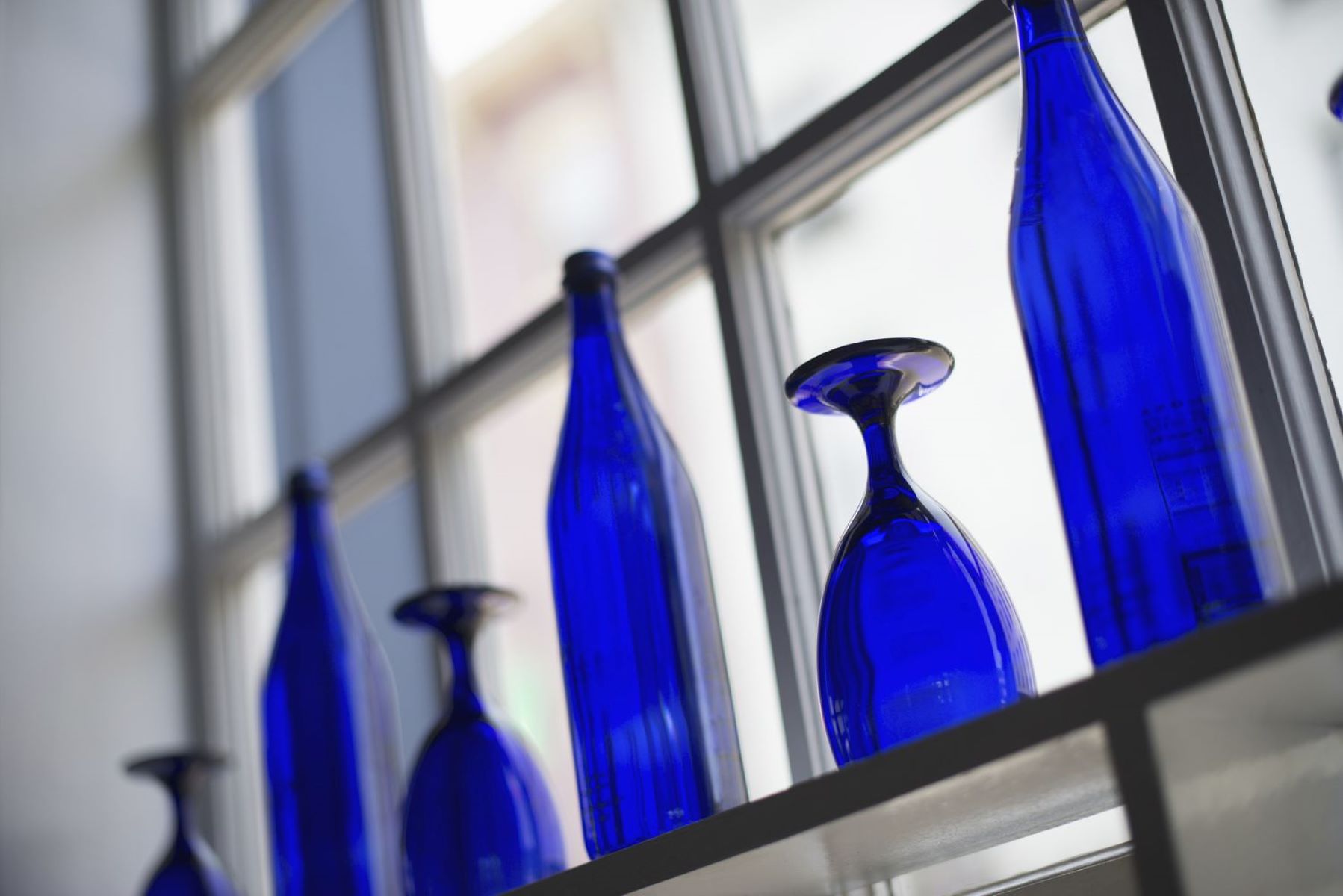
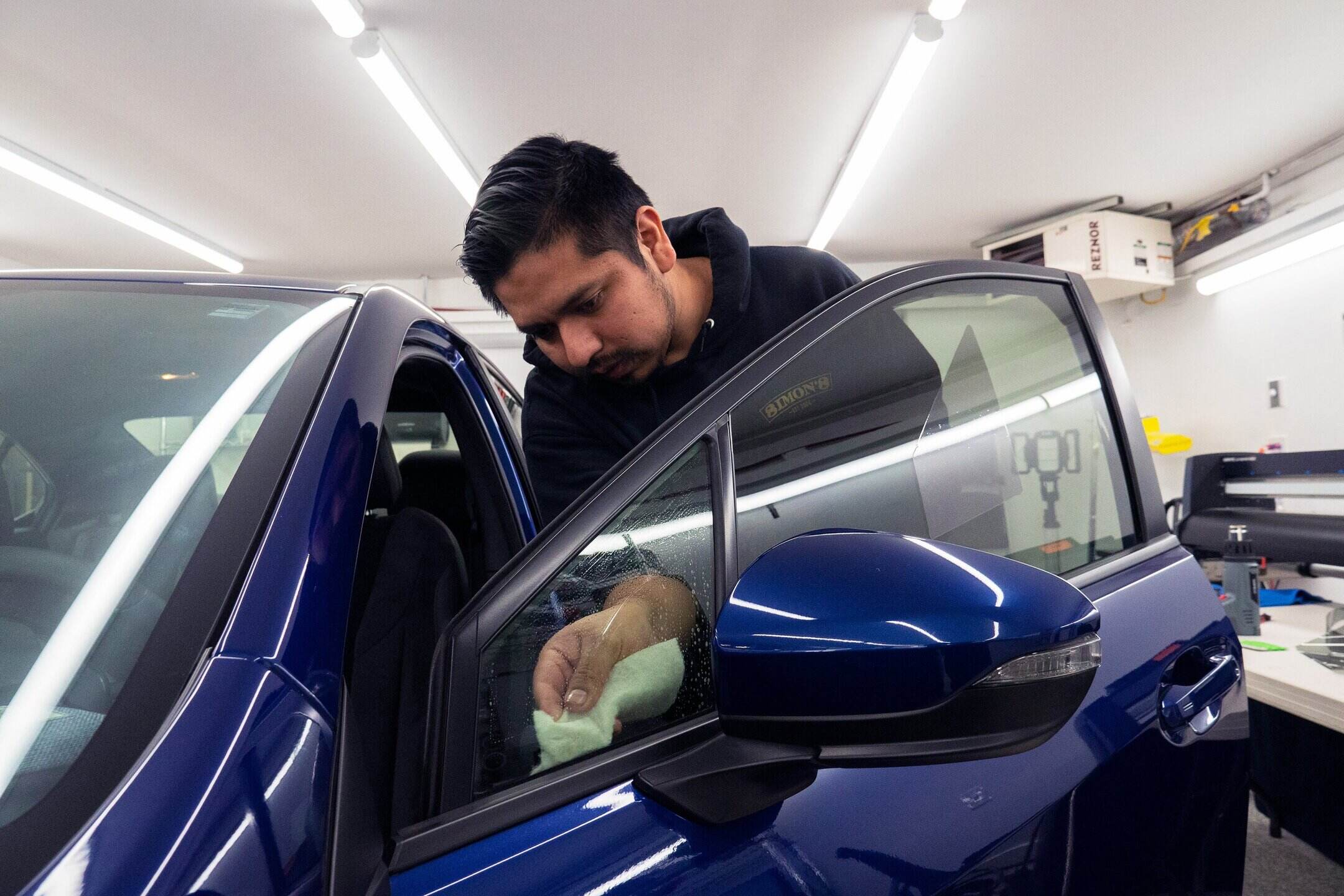
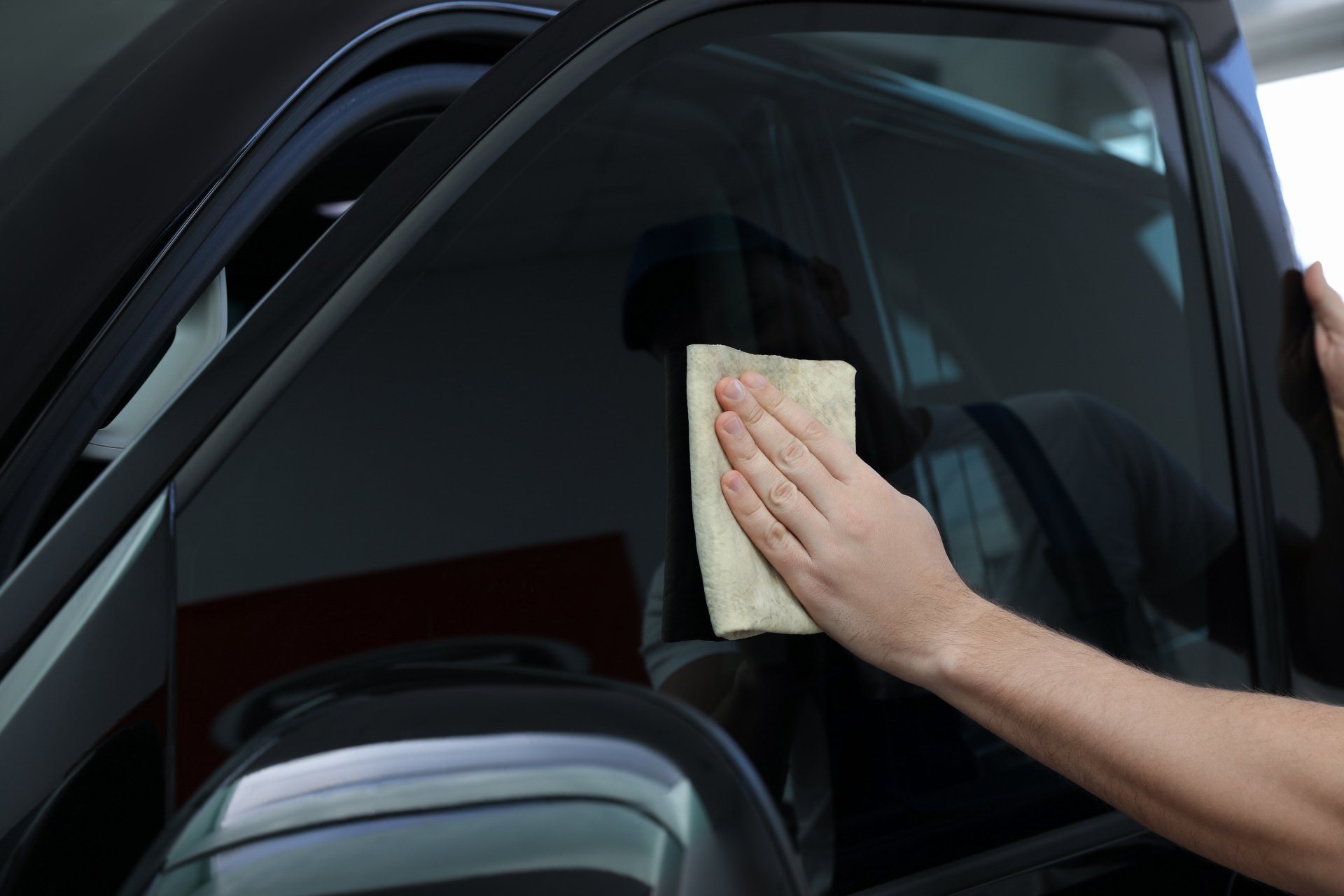

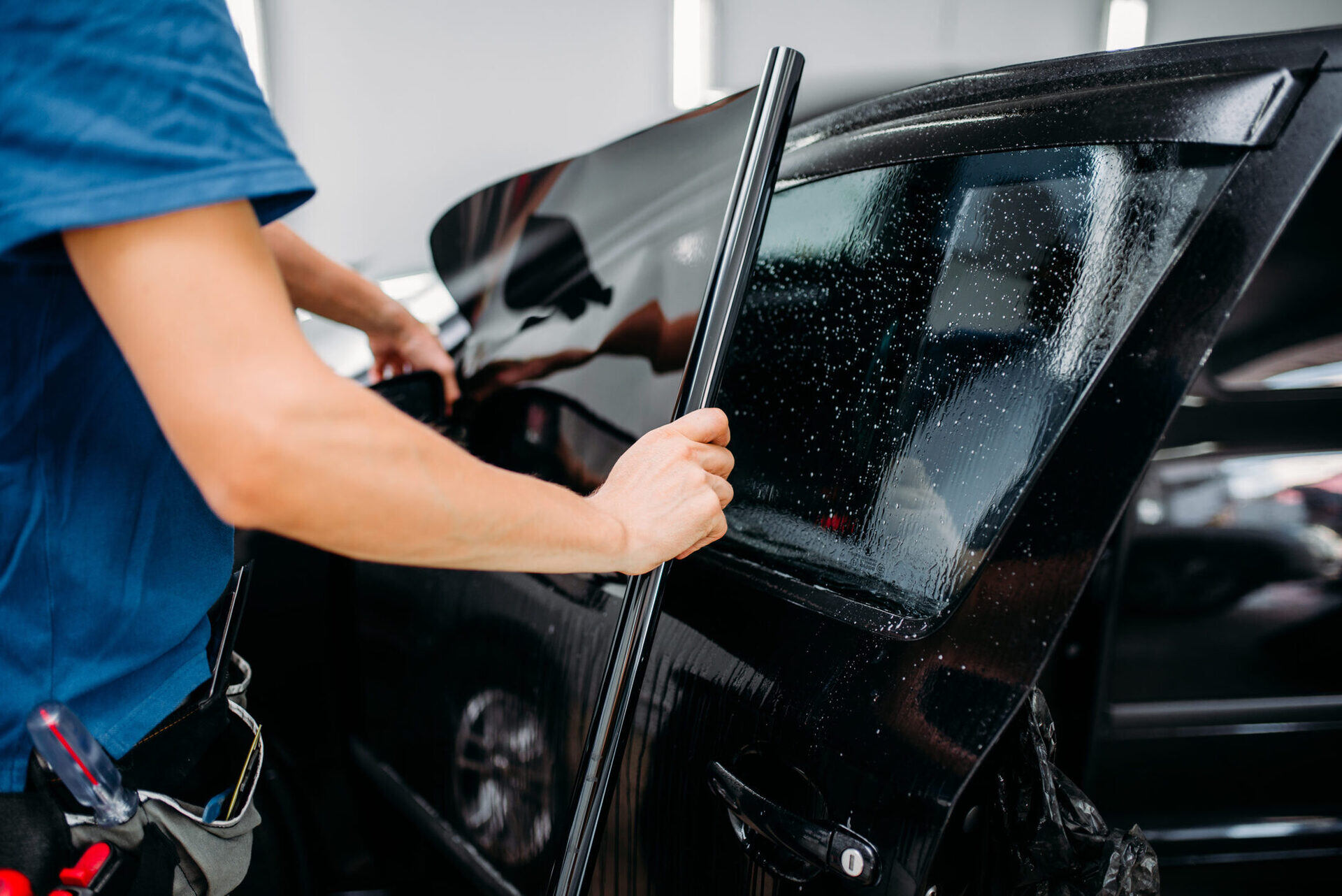
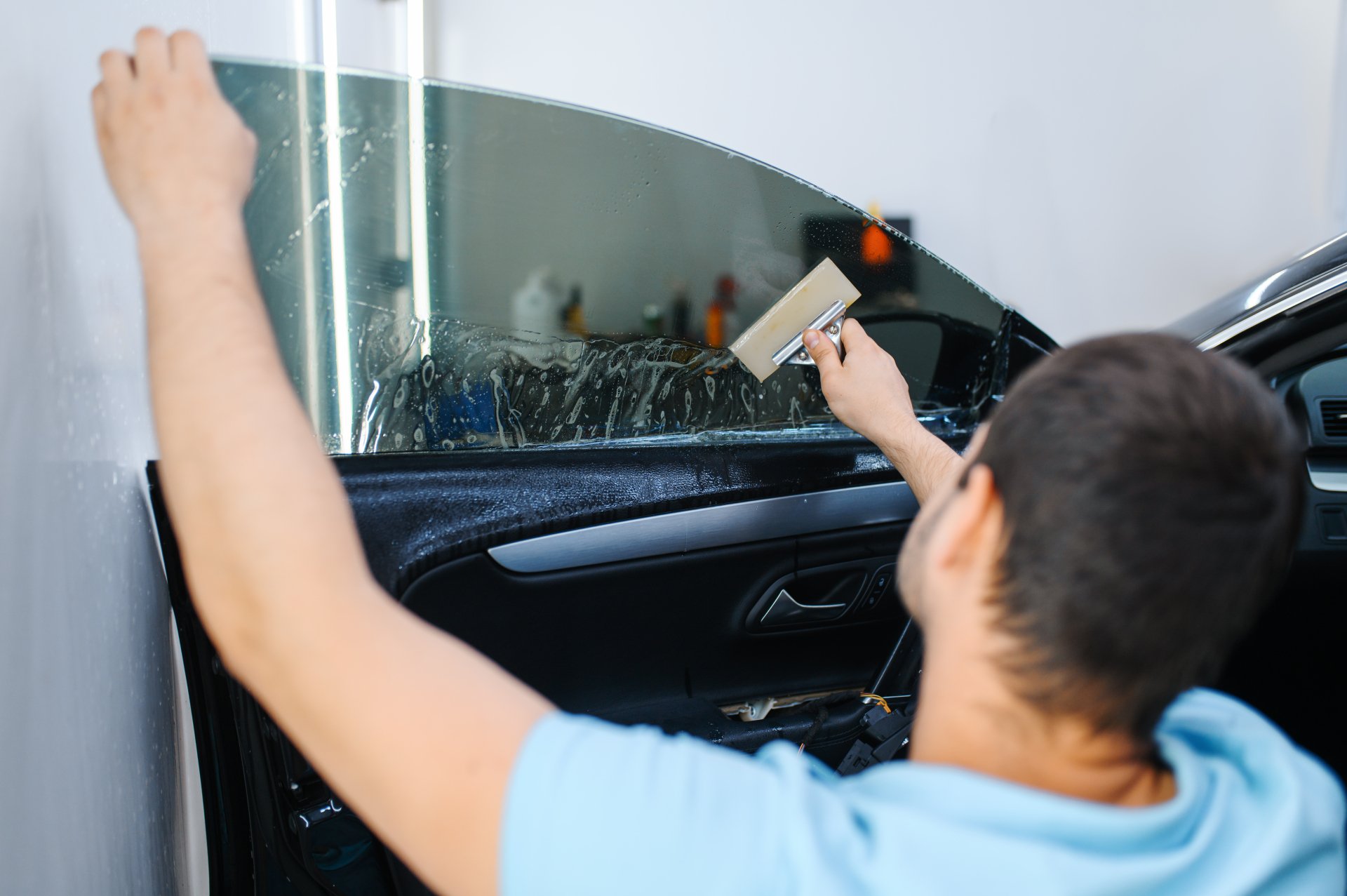
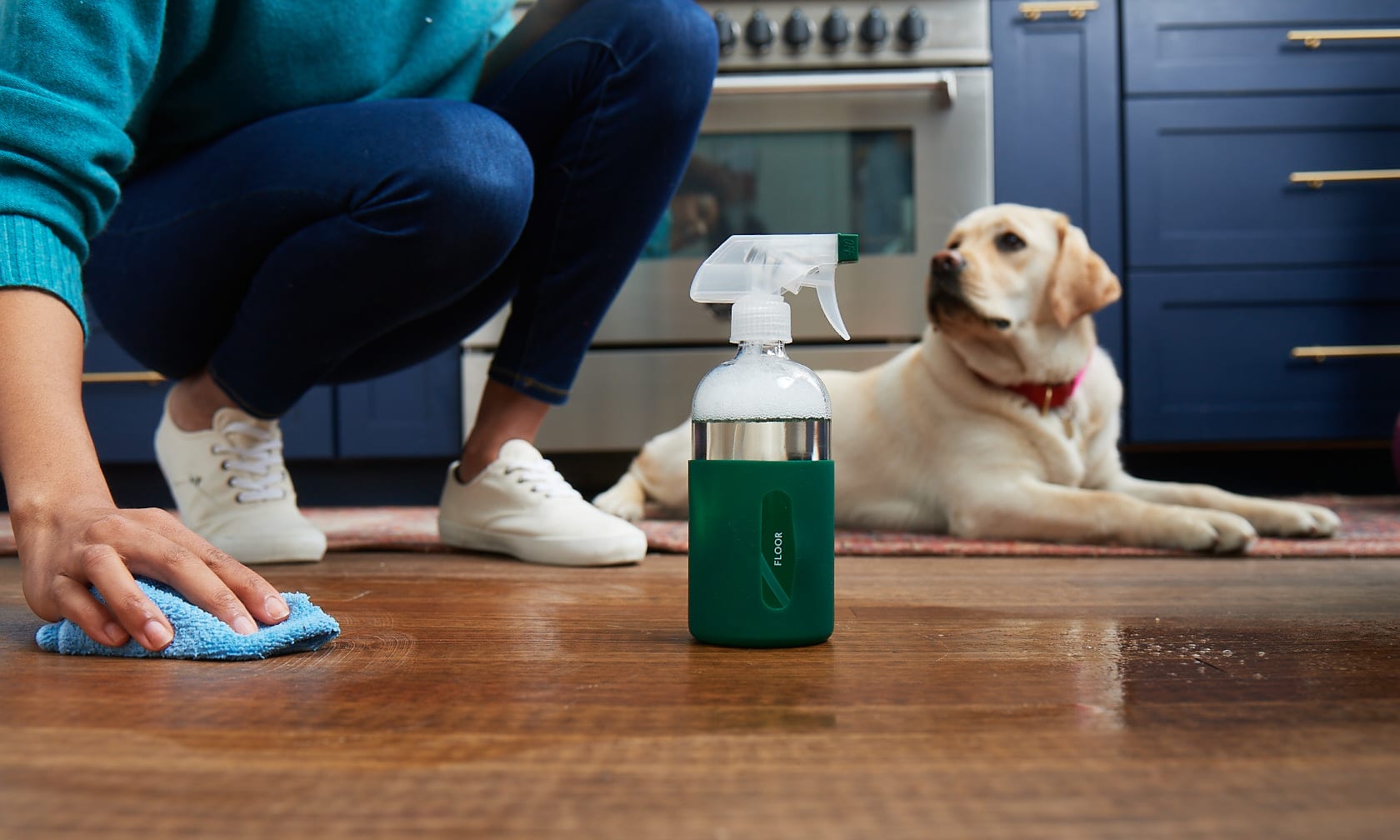
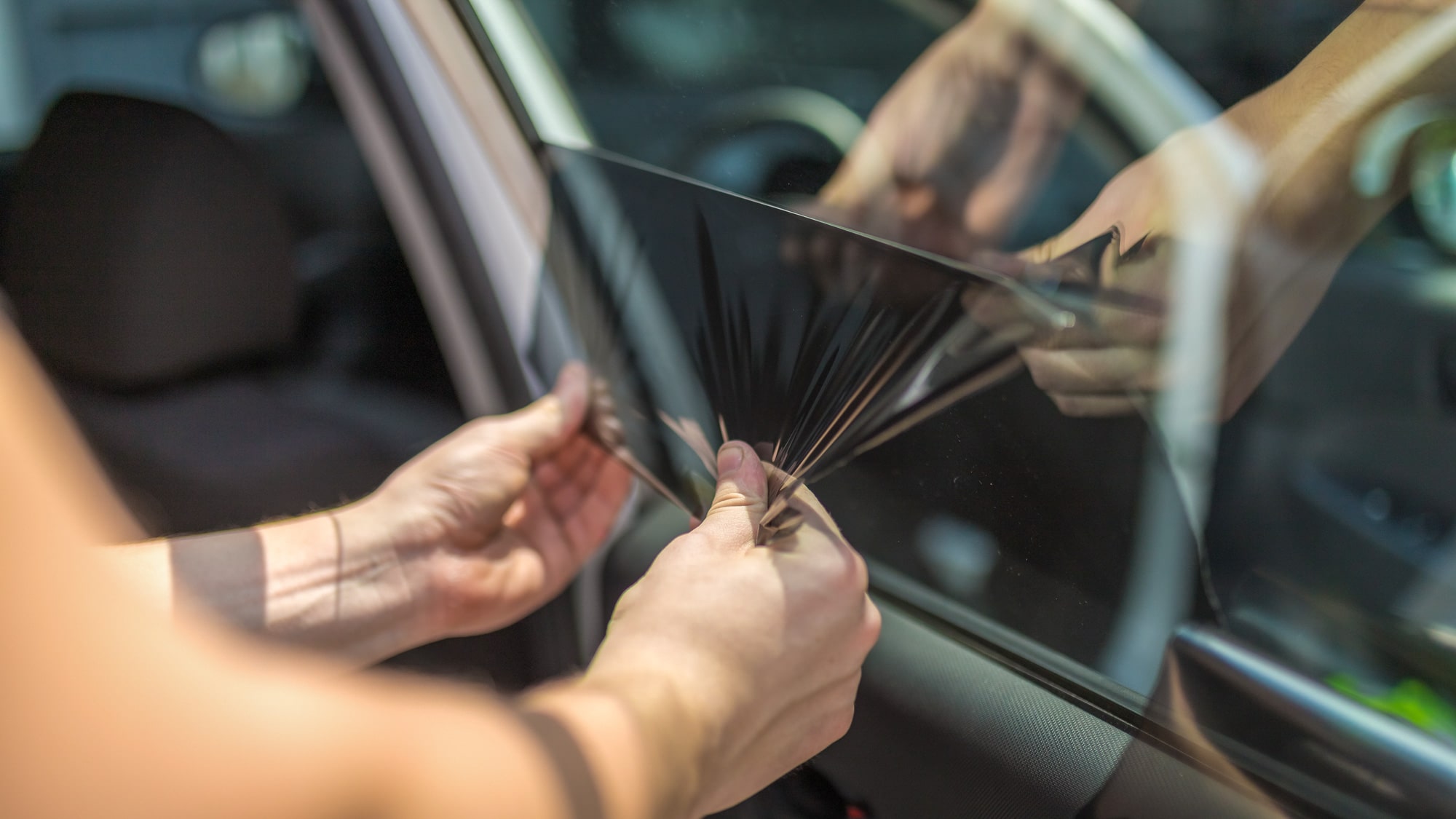
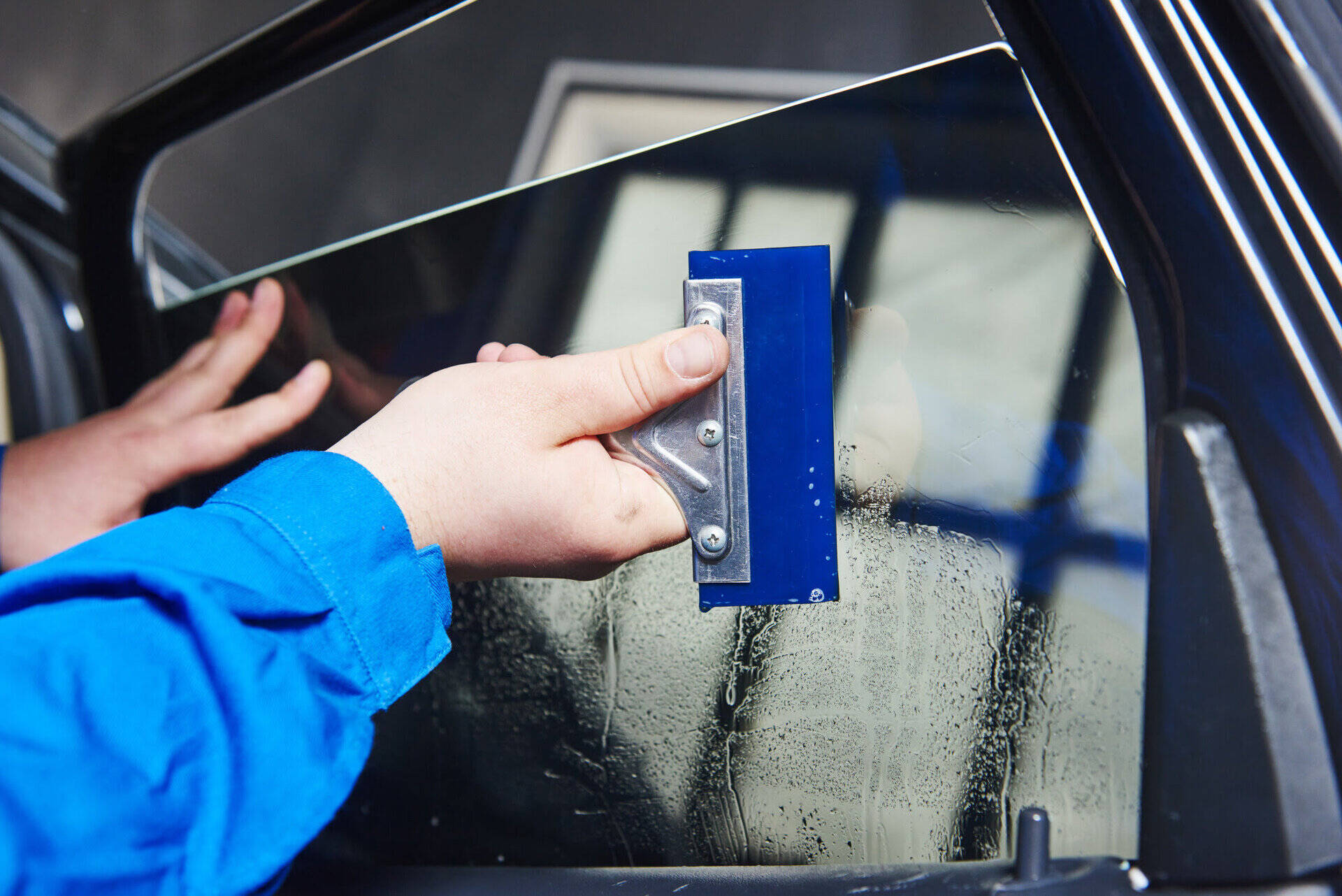
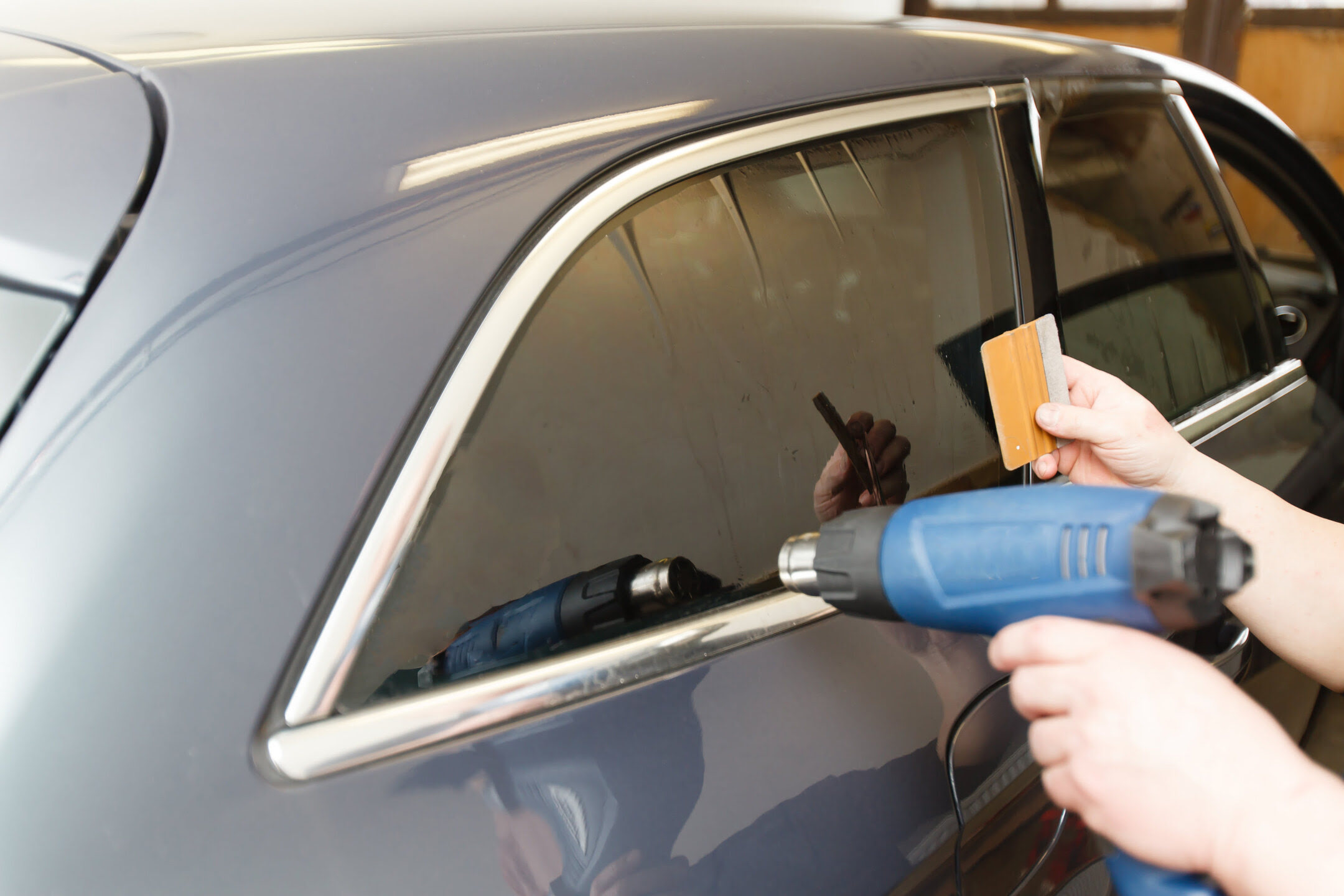
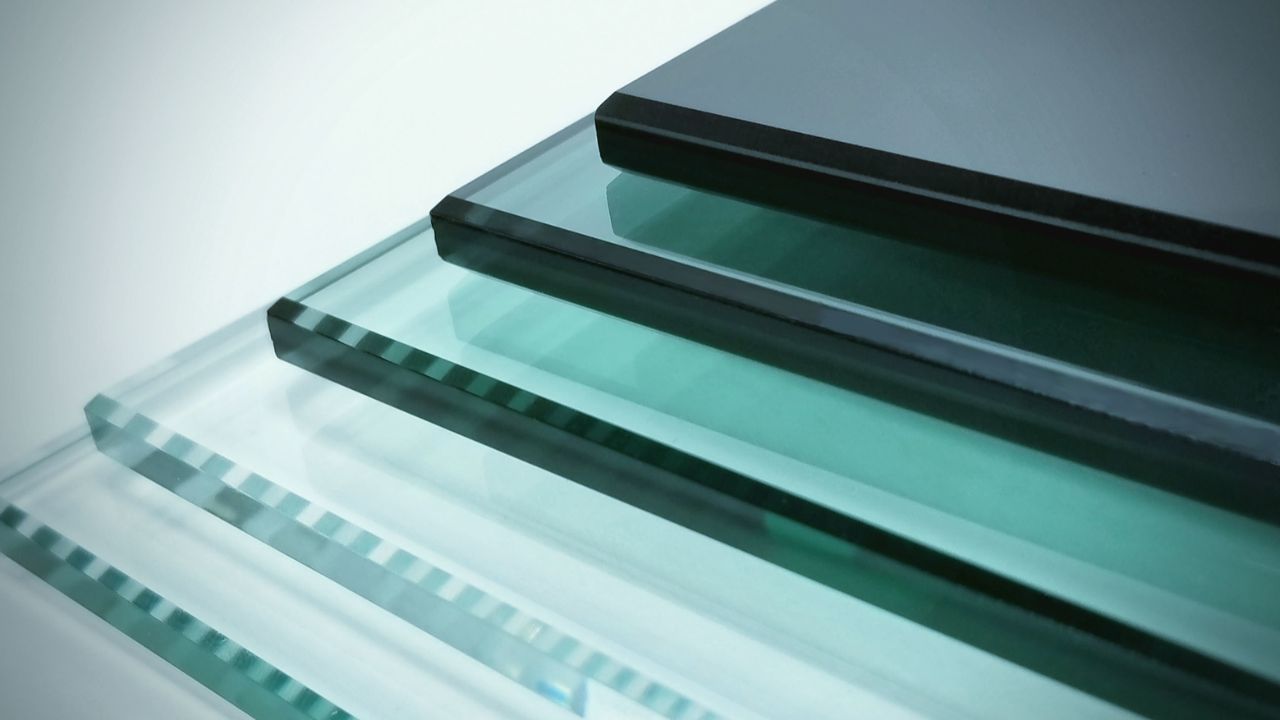
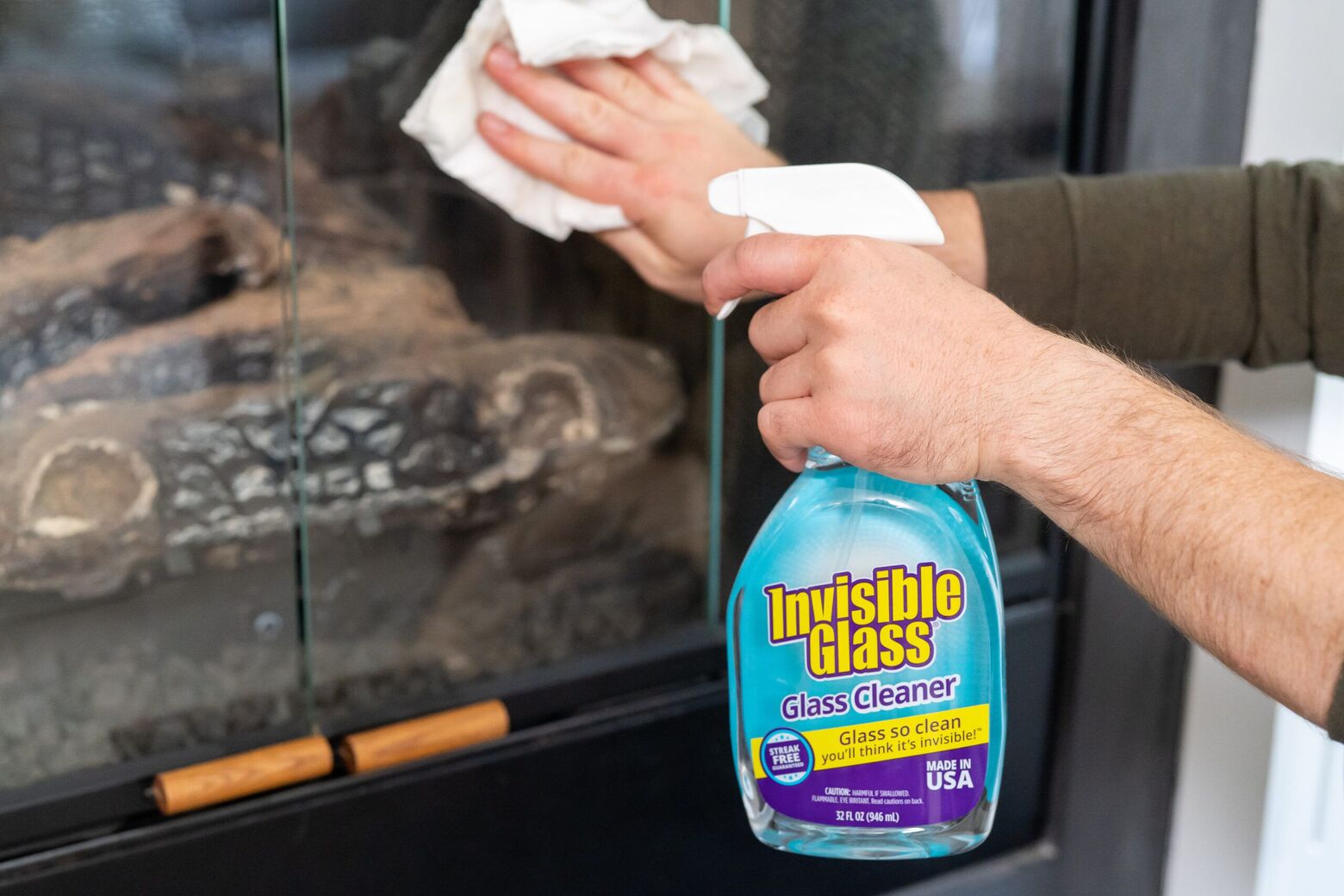

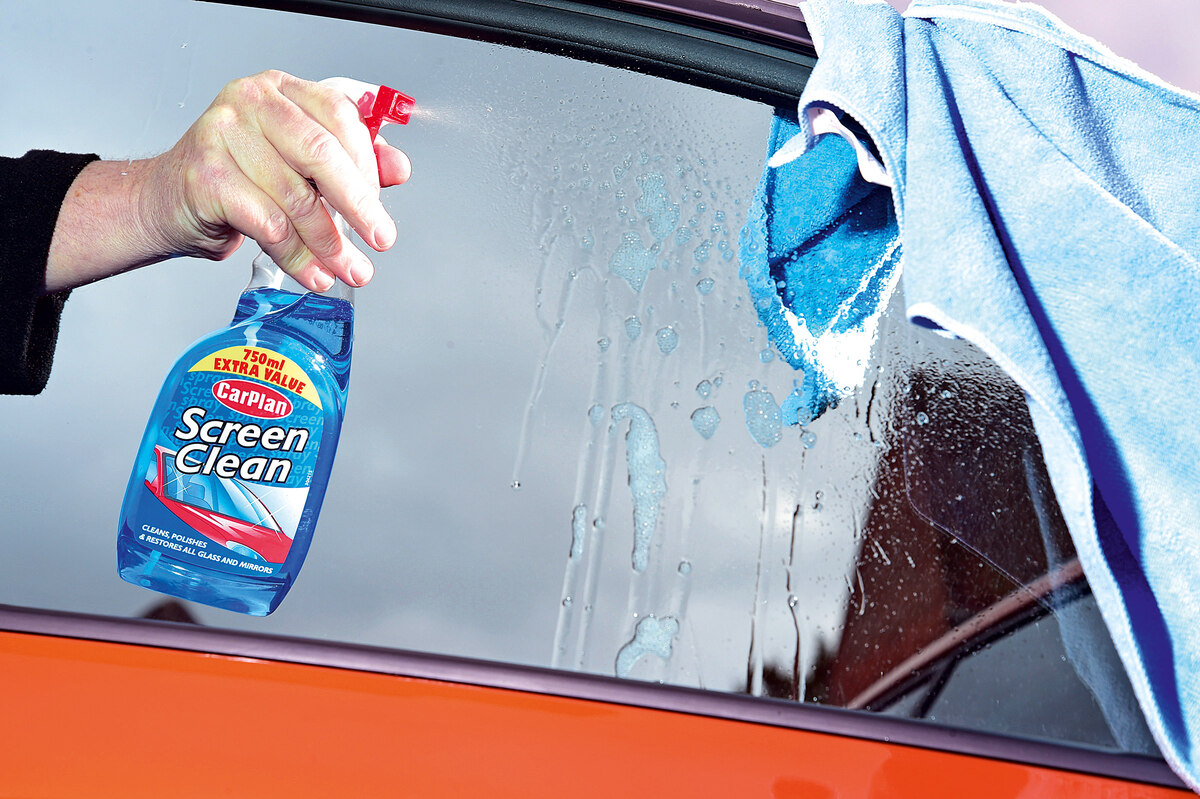

0 thoughts on “What Glass Cleaner Is Safe For Tinted Windows”